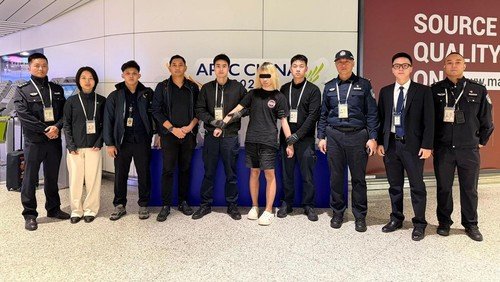
Indonesia’s Manpower Ministry has issued a new directive banning the use of discriminatory requirements in job recruitment — including appearance, age, height, marital status, ethnicity, and skin color — in an effort to foster a more inclusive labor market and lower the national unemployment rate.
Outlined in Ministerial Circular No. M/6/HK.04/V/2025, the policy prohibits companies from listing non-essential personal attributes in job vacancy announcements, a move the ministry says is aimed at reducing barriers to employment.
“There will be no more ‘good-looking’ requirements to get a job,” said Deputy Manpower Minister Immanuel “Noel” Ebenezer during a televised interview on Friday. “These criteria are irrelevant and have become barriers to employment. It’s time to remove them.”
Exclusionary practices targeted
Ebenezer said hiring standards based on physical traits — such as height or facial appearance — are still common, despite being unrelated to actual job performance. “Someone might feel disqualified because they don’t look attractive due to years working in agriculture or field labor. These biases discourage people who are trying to escape poverty,” he said.
He also highlighted the impact of rigid age limits, particularly the widespread cap of 35 years old in job postings. “Job seekers in their 40s or 50s often feel hopeless because of rules that don’t support them,” he said.
The ministry has linked these hiring barriers to Indonesia’s broader labor challenges, noting that 7,2 million people remain unemployed and 24 million still live in extreme poverty, based on the latest data from the Central Statistics Agency (BPS).
A shift in recruitment norms
Manpower Minister Yassierli said the circular is part of a broader effort to ensure fair and objective hiring processes. “This directive provides a clear guideline to companies to recruit based on skills and merit, not personal characteristics unrelated to the job,” he told reporters on Wednesday.
The ministry is urging companies to comply immediately with the new standard, which applies nationwide, including in tourism-heavy regions like Bali where appearance-based requirements are still common in some job ads.
Officials have framed the reform as part of the government’s commitment to non-discrimination and equal opportunity in the workforce.









